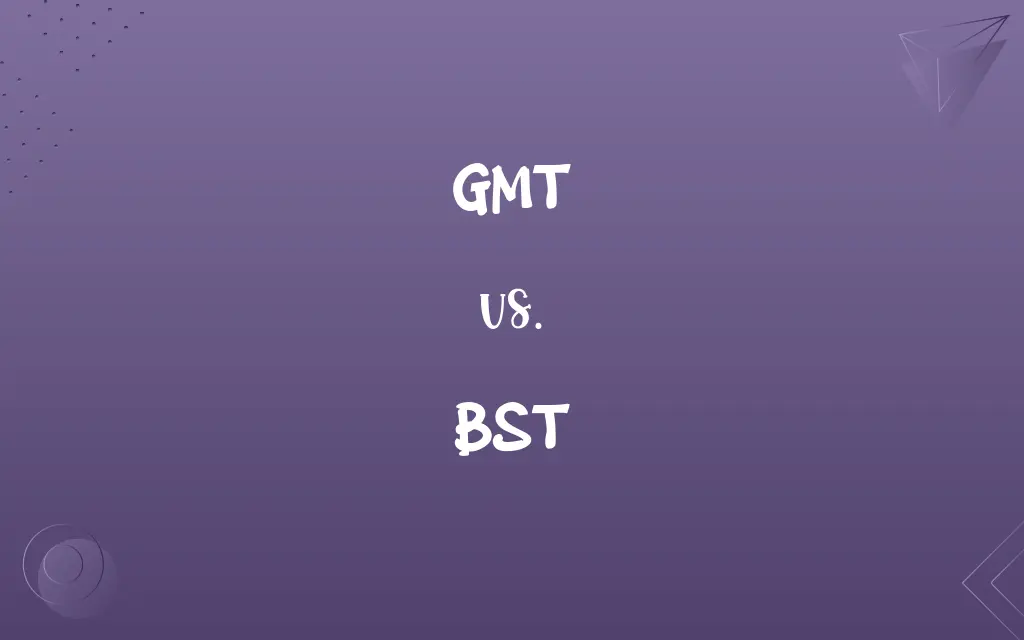
Por vs. Para Grammar Cap 4. Por and Para have the same meaning in
Main Difference - In Time vs On Time In time and on time are two phrases that have similar meanings. However, these two phrases are used in slightly different situations. In time means that something is happening at the last moment or just before the deadline. On time means that something is happening at the specific time.

Wichita State Shockers vs. North Texas Mean Green live stream, TV
Some examples: "Tom arrived at the airport just in time to catch his flight". If Tom arrived any later, he would have missed his flight. "Jane did not get her dream job because she did not submit the application in time". So, "in time" is used whenever there is a deadline for something. If you miss that deadline then we say that you.

Dallas Cowboys vs. Washington Commanders Week 18 Odds, Time, and
On time means that there is a specific time established when something is supposed/expected to happen, and it is happening at the planned time. My job interview is scheduled for 4:00 PM. If I arrive at 4:00 PM, I am on time for the interview. The flight is scheduled to leave at 10:30 AM. If it leaves at 10:30 AM, the flight is leaving on time.
IELTS Questions about Punctuality [Speaking Part 1] TED IELTS
The adjective 'in-time' refers to being on the cusp of something. When something happens at the very last moment, it is used. The expression frequently implies that there isn't enough time between now and when something is supposed to happen to avoid being late. On time or in time which is correct. When we say we arrived on time, we're.

ON TIME vs. IN TIME Enseñanza de inglés, Lecciones de gramática, Palabras ingles español
On-Time: In Time: Definition: On-time refers to when something is scheduled or anticipated to occur at a specific time and takes place, it is said to be on time or timely. 'In time' refers to when something just happens before it is too late to happen or there is some time left to spare. Denotes: It depicts the punctuality of an individual.

Bulls vs. Knicks Live Broadcast Top Knicks vs. Bulls Players GALA Fin
The prepositions we most often use in relation to time are "in," "on," and "at.". "On" refers to a specific day or date. For example, "My birthday is on Friday." "In," on the other hand, refers to a period of time and does not specify an exact time. For example, "I will see you in the next week.".

Mr Bates vs The Post Office delivers BBC humiliation as Jamie Dornan's
used to describe something that arrives, happens, or is done when it should and is not late: The airline ranked last in on-time arrivals last month. Lenders might offer a discount after a borrower has made continuous on-time payments for three or four years.

ON time vs. IN time vs. JUST IN time English Grammar Lesson ESOL Prepositions LearnEnglish
"In time" usually has an implicit "for (some event)", whereas "on time" means "before some deadline". The "event" could be a deadline, but in that case "on time" is much more common. Examples: "I got there in time for the parade" "I delivered the report in time for him to read it before the meeting"

Roll With Michigan vs Alabama in Rose Bowl
The term on-time is an adjective, which reflects timeliness, i.e. happening of an event according to the schedule or plan. It is used to talk about something which occurs, arrives or is performed, on the set or expected time and is not late. For example: If I leave now, I will reach there on time. Joe asked if the flight was on time?

Lechner SpA on LinkedIn Recoating time, or the waiting period between
The phrases "in time" and "on time" are very similar in meaning, but English speakers use them in slightly different situations. On time. Doing something "on time" means meeting an appointment, or meeting a time that has been set by someone. For example: I hardly ever get to work on time. My flight's on time, so I'll meet you at the airport at.

GMT vs. BST Know the Difference
7 Answers Sorted by: 24 In time Suggests that you arrived, or accomplished the desired task, at a time sufficient to be effective. Typically, this means "at or before a deadline." We finished cleaning the house in time for the guests to arrive. In time to.

90 Minutes to Dream on Paris SaintGerman vs. Real Madrid
At, on and in (time) - English Grammar Today - a reference to written and spoken English grammar and usage - Cambridge Dictionary

Newton vs Einstein definition of Time. YouTube
In time. If we say we arrived in time, we're saying that we got there a little early - that there was time to spare. We often use the structure in time to do something: We arrived in time to get some drinks before the show started. You need to get to the station in time to buy a ticket and find the right platform for your train.

Watch Miami vs Rutgers in India on ESPN Plus
Yes. "In time" can also mean "over the course or passage of time," or "after some time has passed." Note the examples: "I know things are hard right now, but in time, they will improve." "In time, people reveal their true natures." "You might not understand why I'm doing this now, but in time, I think you will."

Ducati vs Aprilia on Day 3 the timesheets tighten at Sepang
Difference between "in time" and "on time" (7 answers) Closed 7 years ago. Which one is correct ─ "on time" or "in time"? Are both correct? If so, when is one or the other used? This has been very confusing to me.

Joseph M. Metin on LinkedIn Truckers entitled to 'sleeper berth' time
Let's look at the difference between on time and in time. They often mean the same, but sometimes they're different. On time means 'according to a schedule or a deadline.'. If I don't finish my work on time, my boss will be angry. My train is never on time. In time means 'not too late to be successful.'. I missed my deadline, but I still got.